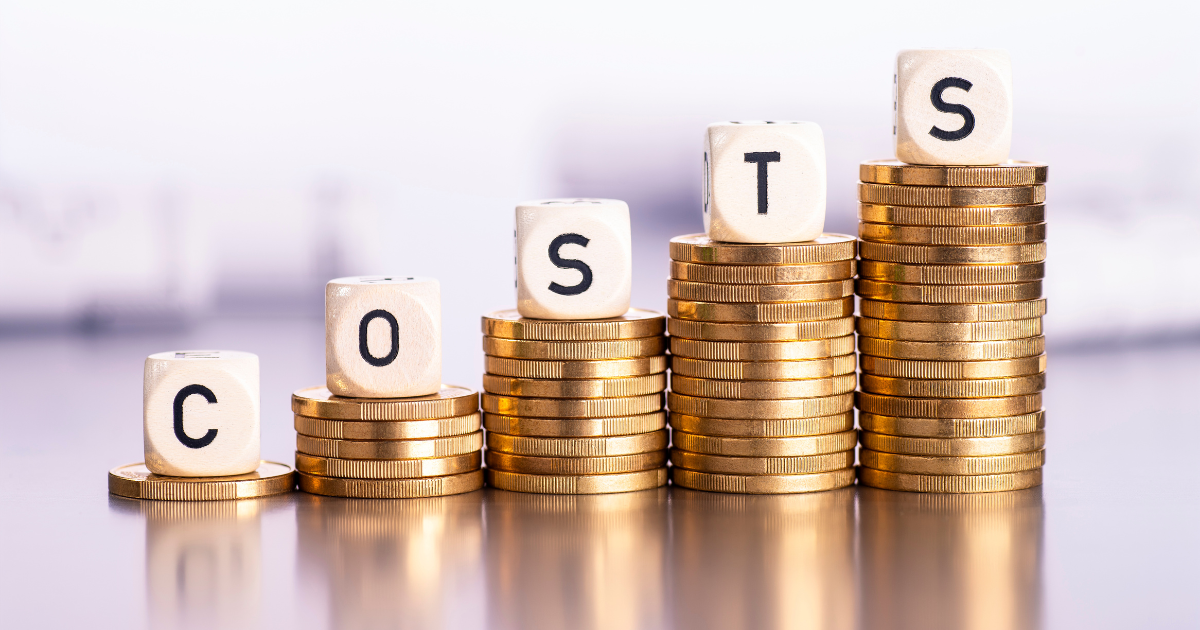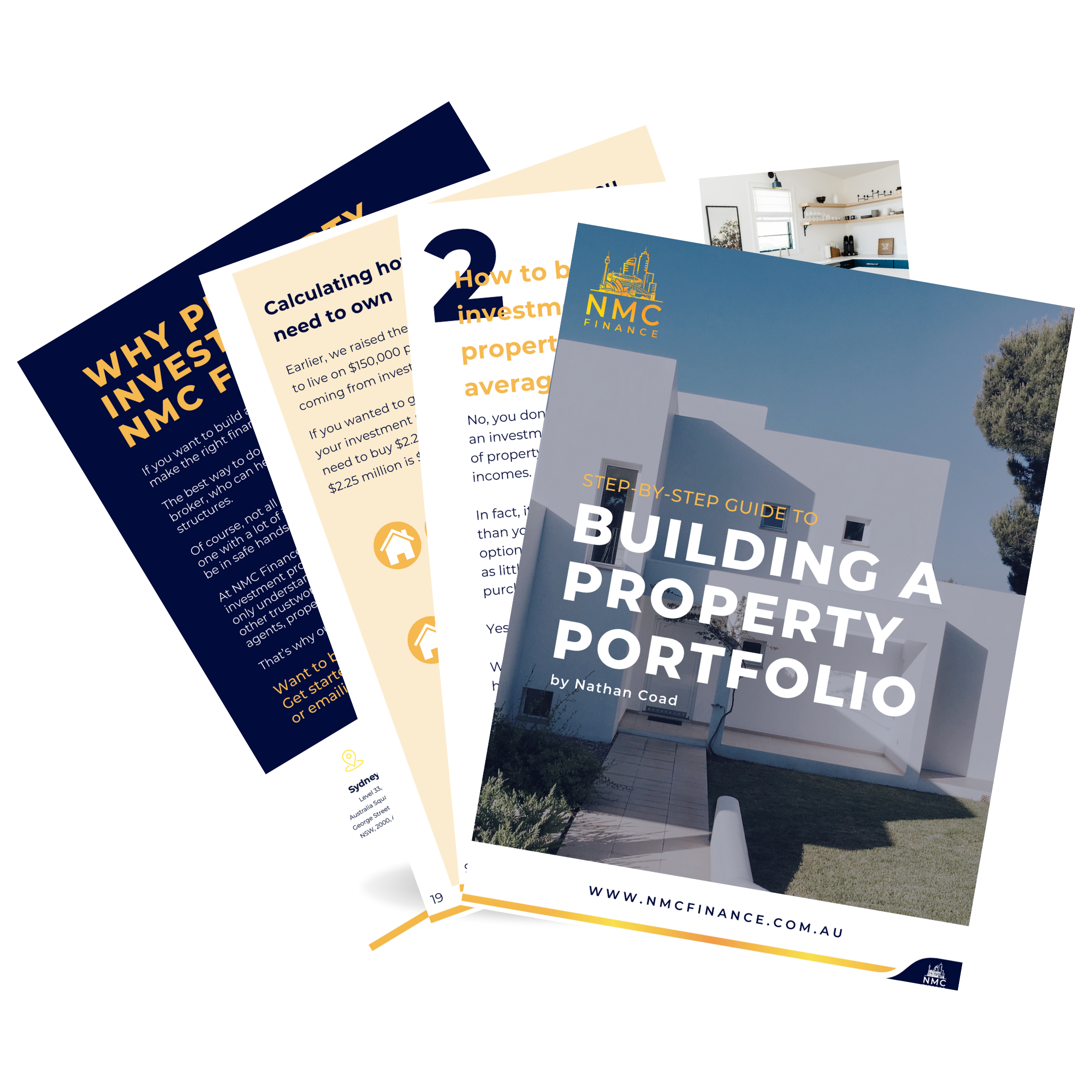Ready to dive into the exciting world of home buying? We’ve got you covered with our comprehensive guide to understanding the costs of buying your home. From upfront expenses to ongoing costs, and even those sneaky fees that are often overlooked, we’ll help you navigate the process of buying your first home.
Upfront costs
The first hurdle to buying a home is the upfront costs due at the time of settlement. These costs include your deposit, stamp duty, legal fees, and building and pest control. Here’s a breakdown of each expense:
- Deposit: Your deposit is the money you put down to secure your home loan. Ideally, 20% of the purchase price but there are options for buyers who can’t stretch their savings that far. However, depending on the lender and the type of loan you are applying for, it can be as little as 5%.
- Stamp duty: Stamp duty is a tax that covers the expense of transferring property ownership. The cost varies depending on factors such as the purchase price, the state or territory of purchase, whether it’s your primary residence, and whether it’s an existing property, a new build, or vacant land. In some cases you may be exempt from paying stamp duty.
- Legal fees: A solicitor or conveyancer manages all legal aspects of the purchase. Similarly, their cost varies depending on your location and the complexity of the transaction.
- Building and pest control: Inspections before purchase help identify any potential problems with the property. As above, the cost is dependent on the size and age of the property.
Ongoing Costs
Unfortunately, expenses don’t stop after settlement. Some ongoing expenses of homeownership include:
- Mortgage repayments: Your mortgage payment is likely your largest ongoing expense. It’s crucial to budget for monthly payments and ensure they are paid in full and on time. Your repayments will vary depending on how much you borrow, the interest rate, and the length of your loan.
- Council rates: Local governments charge rates to cover the cost of services like rubbish collection and road maintenance. The amount you pay depends on your property’s value and location.
Overlooked expenses
Besides the costs listed above, some expenses can surprise first home buyers. These include:
- Moving costs: Moving can be an expensive and exhausting process. After buying a home, you’ll need to account for moving fees. These can include hiring removalists, renting a truck, buying packing materials, and even bond cleaning costs.
- Home improvements: One of the greatest joys of home ownership is making the new house your home. Painting, installing new flooring, or landscaping are all things new owners like to do to apply their style to their new home.
- Maintenance and repairs: As a homeowner, you’re responsible for maintaining and repairing your property. This includes regular maintenance as well as larger, unforeseeable tasks. You should budget for these and have a surplus ready when you need it.
- Strata fees: Strata fees, sometimes referred to as body corporate or owner corporation fees, cover the expenses for maintaining common areas in buildings If you purchase a townhouse or apartment, you may need to pay regular strata or building management fees.
Purchasing your first home may be overwhelming, but understanding all the costs associated with this journey will help you stay on track. Before you begin, consult a mortgage broker for pre-approval. From there, you’ll be well positioned to forecast costs like your deposit, stamp duty, legal fees, inspections, rates, moving costs and more.
* This blog is intended for general informational purposes only. For personalised advice tailored to your unique financial situation, please contact NMC Finance.

